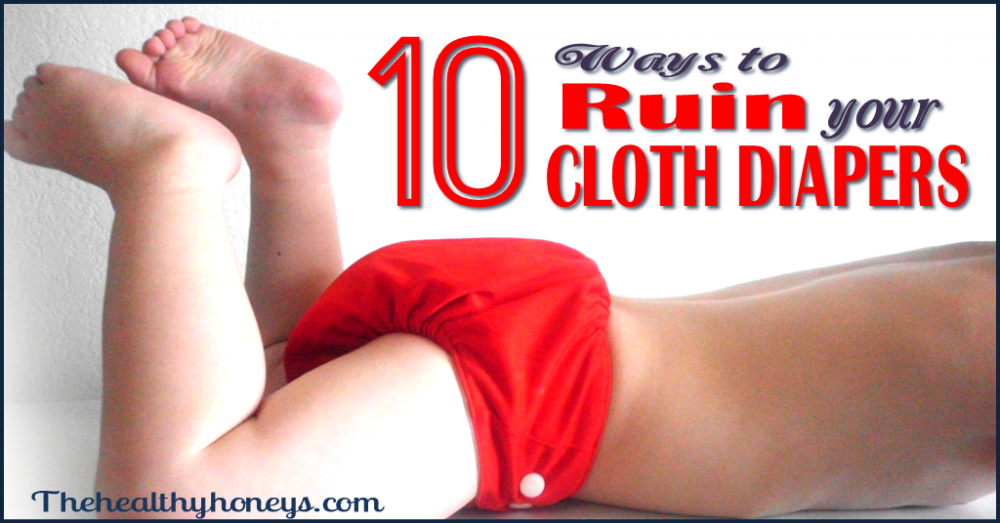
Properly caring for your cloth diapers can be very simple and yet not. There is a lot of information and theories on how to care for cloth diapers and some of it is great and some is not so great. So how do we sort through the myths and the facts. I admit it is difficult. I am no laundry scientist but that is precisely what we need to be to take proper care of our cloth diapers as well as our other laundry. For as much as we spend on cloth diapers making sure we properly care for them is super important. Diapers are actually really easy to care for. So what are some myths that are circulating that may be contributing to ruined or stinky diapers?
#1 Diapers need to be stripped:
Although I must admit I did do a post on stripping diapers…I have since learned that if you have a good wash routine there is no reason that you should need to strip your diapers. Please note the “if”. Signs that your diapers need a new wash routine is if they stink coming out of the dryer, or when they are just barely wet, or if they have become less absorbent and are leaking. Stripping diapers is said to be needed when there is mineral build up or detergent build up. Detergent build up should not actually be a problem unless you are using the wrong kind of washing soap. Mineral build up can be a problem that may need to be stripped and then your laundry routine adjusted so that the diapers won’t need to be stripped again. So what do you need to prevent hard water/mineral build up… a good wash routine that uses enough detergent and the proper amount of water softener added to each load of laundry. Calgon or Borax are both great water softeners. You can also test the hardness of your water by ordering a free water testing strip here. It’s super easy.
#2 Extra rinses are always good
More water is not always the best thing for your diapers… especially if you have hard water. Your water, detergent, water softener, and cloth diaper load need to be in balance. If you have hard water and throw your diapers in for an extra rinse you are just giving the opportunity for minerals to build up on your diapers without the water softener. When washing your diapers use plenty of detergent and the appropriate amount of water softener for your water. Also when washing your cloth diapers you want a proper amount of water in with the diapers. Not too much water and not too little. You want to be able to push your diapers down into the washer about 3-5 inches when the washer is full of water.
#3 All Cloth diapers are created equal
When starting to cloth diaper it is important to take a moment to get to know your diapers. Are you using diapers that contain PUL fabric or wool? Are your inserts microfiber, bamboo, or hemp? These can make a difference in the type of detergent or things you want to put on them. For instance, you don’t want to use baking soda on your bamboo rayon inserts because it will break down the fibers to their pre-goo state. You don’t want to use vinegar on PUL Diapers or elastics as it will break down the pul and any soft elastics that may be in your diapers.
#4 You should use less than the recommended amount of detergent to prevent detergent build up on your diapers
Build up from using too much laundry soap may have originated from laundry detergents that contain soaps. Soaps are not designed to wash clean from fabrics. Detergent containing surfactants and builders was designed specifically to wash clean from fabrics. So if you are using a soap based laundry detergent that doesn’t contain surfactents then you will most likely get a build up on your diapers from the soap. If you use a detergent that contains a surfactent you should be able to use the proper amount without any problem of build up. You may notice a small amount of suds in the rinse cycle… but unless you are seeing a large amount it is not caused by the detergent buildup.
#5 You can’t use fabric softener on your cloth diapers
This is partially true. You should never use synthetic softeners on your cloth diapers. They coat your diaper. You can use plant based softeners on your diapers because they soften the individual fibers of your diapers instead of just coating them. Some softeners to consider would be Mrs. Meyers, Ecover, Seventh Generation, and Method store brand softener.
#6 Homemade detergents are always safe for my cloth diapers
Although this is something I have experimented with… I must admit that in my cloth diapering journey I have tried many things that may not have been best for my diapers….but hey I keep learning right? The problem with homemade detergents is many times they contain soap instead of detergent… for instance the fels naptha bar or bar soap will leave a soapy scum and can cause build up on your clothes and cloth diapers. Other recipes may leave out the detergent all together and simply be a combination of water softeners and brighteners. They don’t contain a surfactent… which is what actually cleans the diaper while the rest aid in that cleansing. It is wise to invest in a good detergent that will both clean and soften water. Some that have been recommended are Tide free and gentle or Gain. If you are looking for a more natural cleaner try Seventh Generation.
#7 Cloth diapers should be stripped with baking soda and vinegar
Although I discussed this a little earlier. This could be detrimental to your diapers depending on the fabric that is used. Vinegar and baking soda can not be used on all types of fabric. If you have PUL or elastics in your diapers you want to avoid vinegar. If you have bamboo rayon you want to avoid baking soda.
#8 You should hang dry your diapers
So this isn’t really a huge myth. Hang drying your diapers can be great but one thing to be aware of is if you pull a wet diaper out of the washer and hang it to dry the weight will pull on the elastics eventually cause them to relax. It would be wise to throw it in the dryer on light heat for a quick dry and then hang it or dry them flat.
#9 Drying your PUL diapers on high heat
Many diapers and inserts can be dried on high heat without a problem. You can even dry PUL diapers occasionally on high heat without too much of a problem but continued drying on high heat will age your PUL fabric more quickly.
#10 I cannot tell you all the ways
And finally there are a million and one ways that you can mess up your diapers. However sticking to a routine that is known and is shown to work well with diapers is a smart way to go. Although I love finding a great deal or a cheaper way to do something I think it is smart to take care of what I have already invested in. So before trying a wild idea double check the science behind it and what is on the diaper label for the proper care of the diaper. Some great cloth diapering resources you can find are: Ecobabysteps and fluff love/CD science facebook group. If you know of other great resources for smart cloth diaper care please leave a comment below.
Having said and researched some of this I realize that there is a lot of information out there on how to care for cloth diapers and what to use and not use. Although I am not a scientist I love sharing the new information that I come across and hope to learn more as I figure out how to properly care for my diapers.
Enjoy!
Like this post? Please share it by:
Pinning it here!
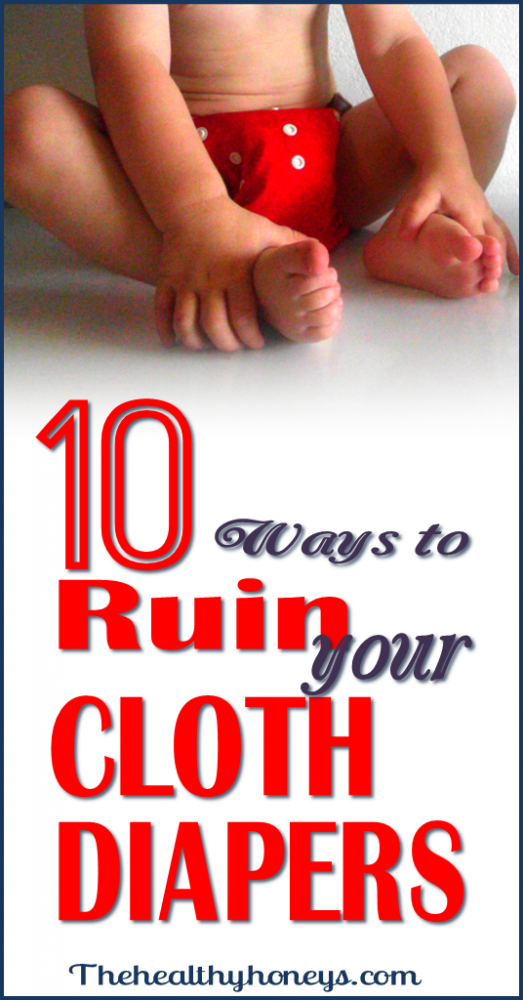
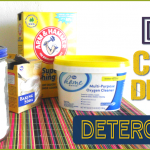

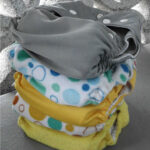
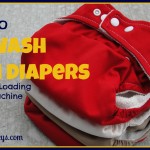
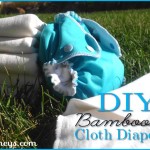


Yay for recommending Fluff Love. Those ladies know their stuff????